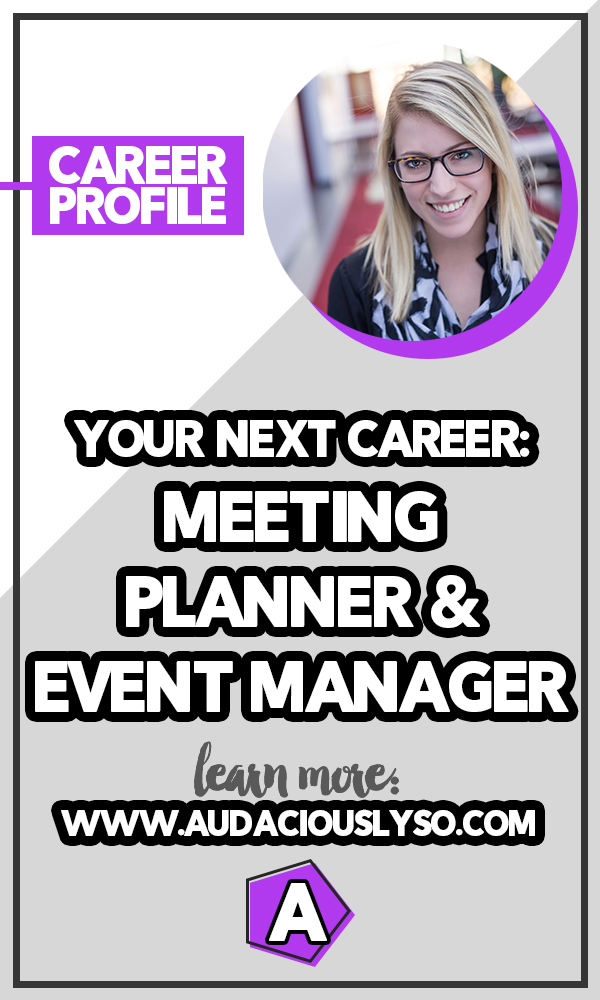
Back in the day, I always assumed in order to be an entrepreneur, a successful one for that matter, you had to be the extroverted type. You were that guy/gal who could strike up a conversation with anyone. You lit up the room every time you walked into it. You had the charisma and everyone wanted to connect with you.
Me?
I’m that person who doesn’t like attention. I often try to avoid it at all costs.
At large social functions, I often try to hide in the corner or by the food and usually won’t speak unless spoken to. I find small talk extremely uncomfortable. Large groups of people make me nervous and I do much better one on one. I know it’s all in my head, but often I feel like everyone seems to know someone. I’m the only one who doesn’t know anybody and am left standing awkwardly by myself.
I’m pretty shy in general and for as long as I can remember, I’ve dealt with social anxiety to a certain degree.
I was the kid who needed coaxing to join the other kids who were playing together. I never had that lemonade stand as a kid. I hated having to sell those chocolate covered almonds for the school fundraisers. This was before nut allergies were common. Instead I made my poor mom and dad sell the chocolates at their respective workplaces. Come to think of it, they sold a lot of things for me.
I worked in retail for almost a year when I was between jobs. I absolutely dreaded it because unless I was doing inventory, I was interacting with strangers constantly. This terrified me constantly and I found it extremely difficult to create a genuine conversation through a couple of minutes of superficial interaction.
For the majority of my life, I was pretty convinced that because of my personality, I was just not meant to have a business. I could not sell anything. The mere thought of trying to promote myself and my business constantly just made my stomach turn.
Even with my blog, I remained anonymous for the first few years and only started telling friends and family about it until last year. While sharing on social media seemed so easy because everyone does it, I initially found it hard to constantly share on social media. I had the fear of self-promotion. I wanted to share with everyone what I wrote, but at the same time I was afraid of what people would think, what they would say. It wasn’t until recently, when I changed my blog’s focus that I started to get over the fear of self-promotion.
While starting any type of business is no walk in the park, (doing it full-time or doing it on the side while you work full-time), regardless of your personality type, I believe the emergence of online businesses and online communication has empowered the introvert. Through mediums such as live chat and social media, e-commerce has opened the doors of social interaction. While offline networking still has value, online networking just makes things easier overall.
I feel more at ease interacting with people I follow and my followers this way. And e-mail. Even in real life, I message and e-mail a lot of people and barely call anyone. People often think something is wrong if I call. Just because I’m not so much a phone person.
I am able to be more open and honest with my thoughts and experiences through my writing. Constant social interaction in person is often overwhelming for me. I’m that type of person who thrives on alone time and doesn’t really feel lonely. Being alone and loneliness are two different things.
Introverts like their alone time and often thrive in that type of environment. I believe that makes us to be ideal remote workers. When I found out many online entrepreneurs considered themselves to be quite introverted, I was pleasantly surprised. It has made me finally realize that you don’t have to be an extrovert to run your own business.
Do you find yourself being more extroverted when you are networking and socializing online?

| About the Author: Karen is an offline introvert, but an online extrovert. She gives blogging advice and shares her journey on growing her blog as a business at Makinthebacon. By day, she works remotely as an analyst at an ad tech start-up. On evenings and weekends, she can be found at the gym teaching group fitness classes. You can follow her on Twitter/Instagram/Pinterest/Facebook. |

















